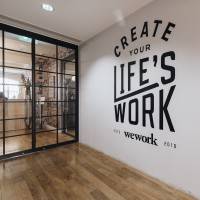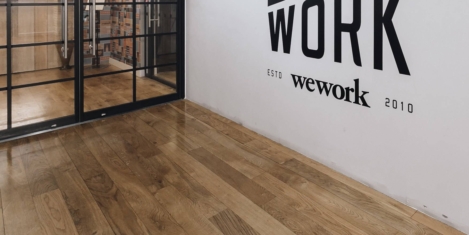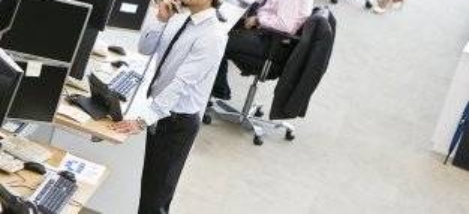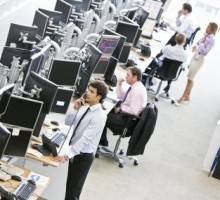August 25, 2015
Flexible working and coworking are disrupting property markets worldwide 0
 Coworking space and the growth of flexible are already having a major disruptive effect on commercial property markets worldwide, according to a study from real estate trade association CoreNet Global. The survey of members representing a diverse range of sectors found that the two most disruptive trends in the market over the short to medium term are flexible working environments (64 percent) and new technology (64 percent). The report, which has been issued to CoreNet members ahead of the organisation’s 2015 EMEA Summit which will take place in London in September, claims that coworking spaces are capitalising on these trends to have a major disruptive effect on local property markets and are particularly attractive to occupiers from specific sectors such as those working in financial technology.
Coworking space and the growth of flexible are already having a major disruptive effect on commercial property markets worldwide, according to a study from real estate trade association CoreNet Global. The survey of members representing a diverse range of sectors found that the two most disruptive trends in the market over the short to medium term are flexible working environments (64 percent) and new technology (64 percent). The report, which has been issued to CoreNet members ahead of the organisation’s 2015 EMEA Summit which will take place in London in September, claims that coworking spaces are capitalising on these trends to have a major disruptive effect on local property markets and are particularly attractive to occupiers from specific sectors such as those working in financial technology.

































August 5, 2015
Using office relocation as a vehicle for positive organisational change 0
by Lee Parsons • Comment, Facilities management, Workplace, Workplace design
More →